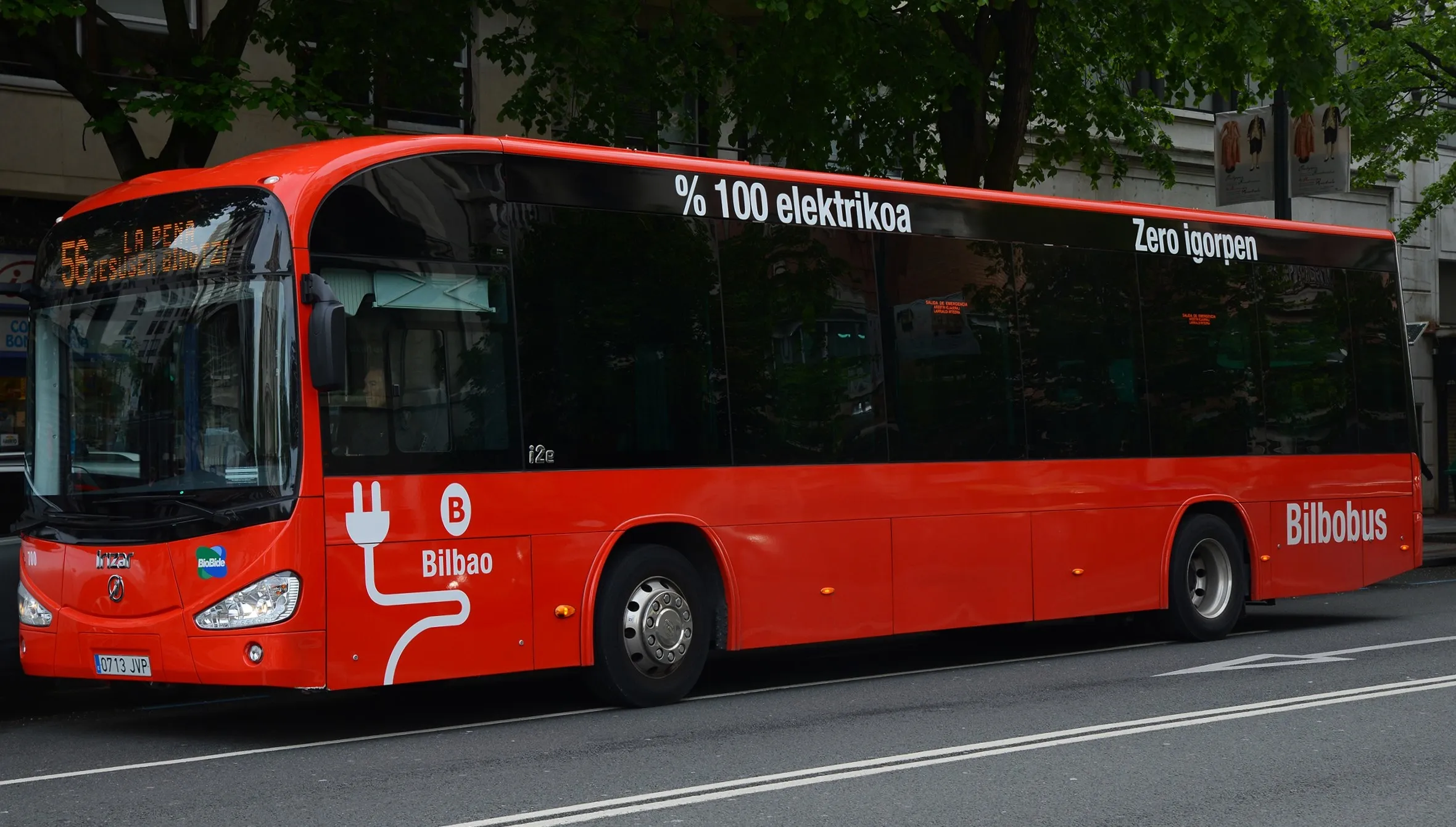
Masabi's Justride platform is being used to power a contactless ticketing solution for a bus service in the Spanish city of Bilbao.
The project stems from an agreement with Bilbobus, technical services company Gertek and payment service provider Littlepay.
Masabi says the system is being piloted as a first step in bringing safe contactless payments, attracting locals and visitors back to public transport by allowing them to tap and ride on Bilbobus’ services.
Passengers can use their contactless bank card to pay for single bus trips, with each tap costing passengers €1.35, the price of a one-way ticket.
Alfonso Gil, deputy mayor of Bilbao, says: “With this system, waiting times are reduced, possible concentrations of passengers when accessing buses are avoided, and the quality of service is improved.”
Masabi's Justride Validator (JRV) units – which support contactless EMV bankcards (cEMV) and smartcards – will provide onboard validation of contactless bank card taps.
According to Masabi, the JRVs can meet the demands of account-based ticketing, even in large cities, all at a price point that makes next-generation ticketing accessible to transport authorities and operators in towns and cities.
For cEMV payments, Bilbobus is using Littlepay’s gateway services with acquiring bank services being supplied by Elavon.
Littlepay CEO Amin Shayan says: “Working together, we’ve created an end-to-end solution without the cost and complexity of building a platform from scratch.”









